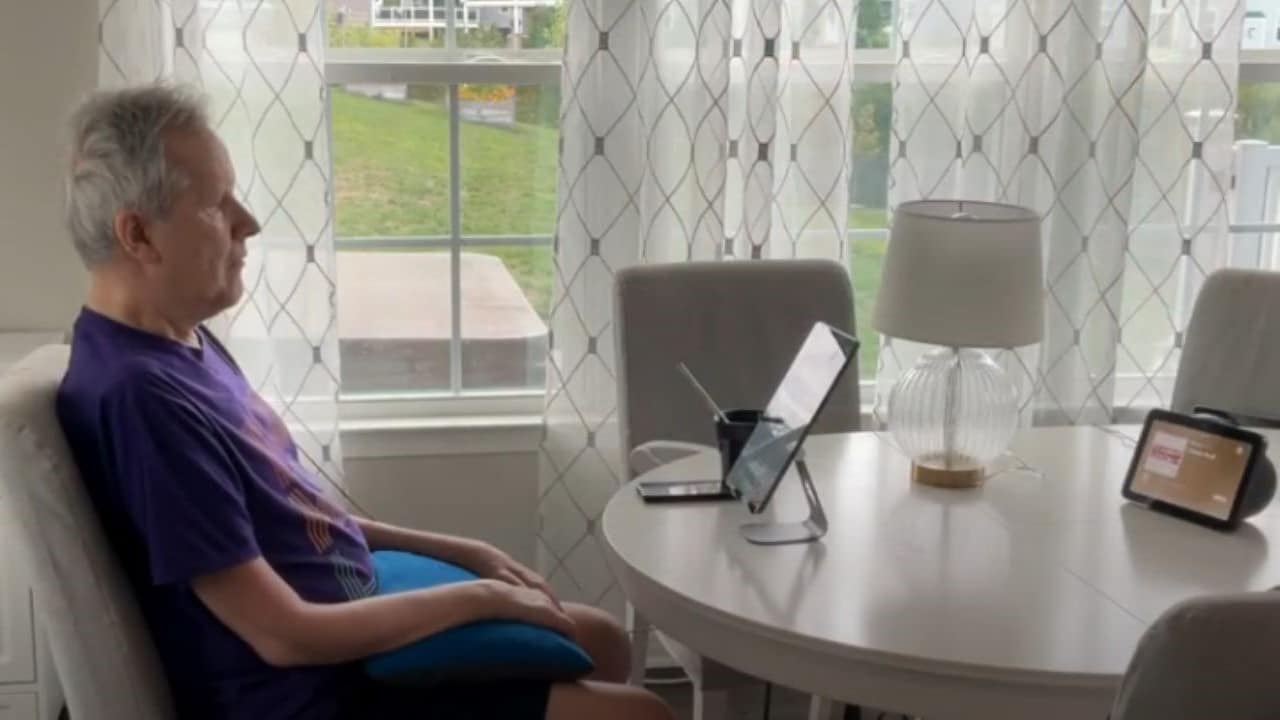
A 64-year-old man, living with amyotrophic lateral sclerosis (ALS) in the US, has become the first person to control Amazon Alexa digital assistant via his thoughts with the help of a brain implant by a New York-based startup. In Mark's brain, the company, named Synchron, has implanted its brain-computer interface (BCI) in a blood vessel. It did not require open brain surgery to do so, the New York Post reported.
After the device was implanted, Mark was able to control his smart home by using his direct thoughts through the 'Tap to Alexa' feature on an Amazon Fire tablet. The brain-computer interface helped him select the customised tiles, which perform various pre-set Amazon Alexa actions, including streaming shows, making video calls, controlling smart home devices, shopping online and even reading books -- all without using his hands and voice, the company stated in a press release. ALS, earlier known as Lou Gehrig’s Disease, is a neurological disorder.

It affects motor neurons, the nerve cells in the brain, as well as the spinal cord, according to the National Institute of Neurological Disorders and Stroke. ALSO READ | Elon Musk-owned Neuralink's vision restoration implant gets FDA approval; details here The brain-computer interface was implanted in a blood vessel on the “surface of the motor cortex of the brain via the jugular vein, through a minimally-invasive endovascular procedure,” the company stated. After being implanted, the BCI is specifically designed to detect and wirelessly transmit motor intent out of the brain, which allows people to control devices with "hands-free point-and-click.
" “The integration with smart technology and my BCI is something I'm really excited about," Mark said, noting that it is hard to live in the modern world without being able to access and control connected devices like Alexa and Echo products. “To be able to manage important aspects of my environment and control access to entertainment gives me back the independence that I’m losing," he added. ALSO READ | Neuralink brain-implant surgery postponed for second patient Tom Oxley, CEO and Founder of Synchron said that its brain-computer interface is aimed at bridging the gap between neurotechnology and consumer tech.
Oxley noted that it is allowing people with paralysis to gain control of their environment. As several smart home systems majorly rely on voice or touch, Oxley said the company is working towards sending control signals directly through the brain..














